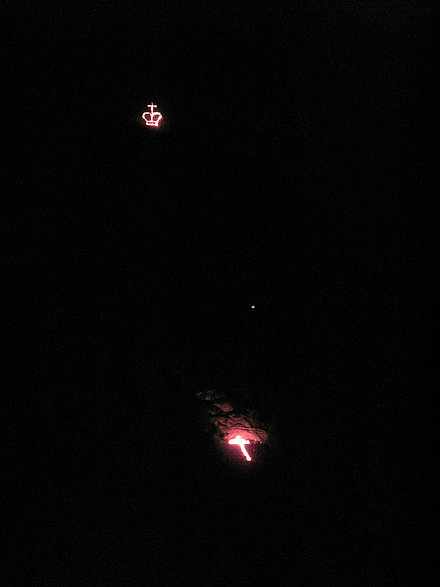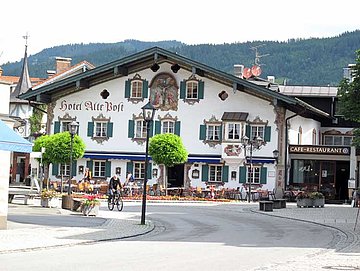29. Oberammergau
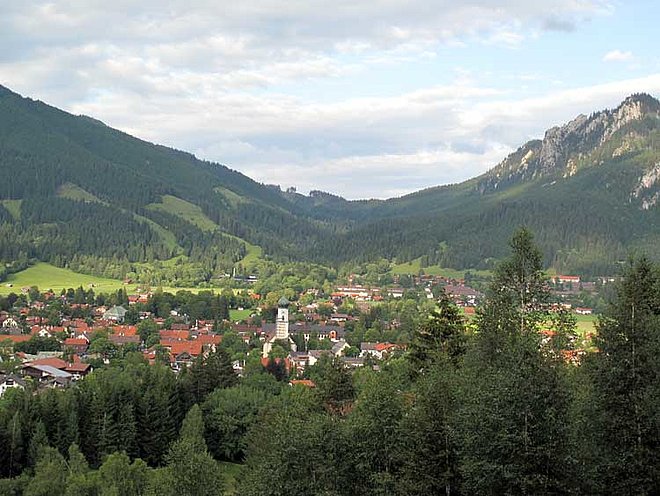
Passionsspiele Oberammergau (Passion Play Oberammergau 2022)
To take place from May 14, 2022 to Oct 2, 2022.
Complete information can be found in English on the official website. Be sure to click on the world symbol located on the right side in the middle of the page for English.
We here at Johns Bavarian Tours will be happy to help you in every way possible in making this event an enjoyable and successful experience. Be sure to send us your contact form so we can better know your needs and wishes. Early planning will be of the up most importance so that we can assist you in organizing your holiday in Bavaria.
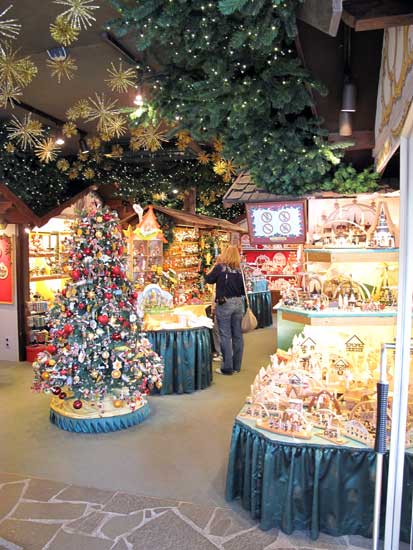
Make your way with me from the Munich Airport to the home of the world famous village of Oberammergau.
Birthplace of the famous Bavarian playwright of Ludwig Thoma 1867-1921, also editor of the "Simplicissimus".
Oberammergau is known for the Passion Play performed every ten years. The painted houses and the fine art of woodcarving add to its many charms. Here is a paradise for those who wish to shop for Christmas decorations on a year round basis.
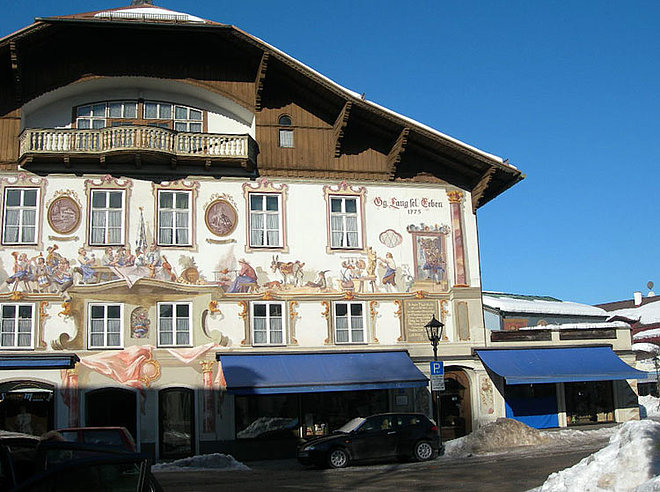
Arrange for your personal delivery to your hotel in Oberammergau. There are many options with my numerous tours which I offer in the area.
Please sure to state your full hotel information as well as all your flight information.
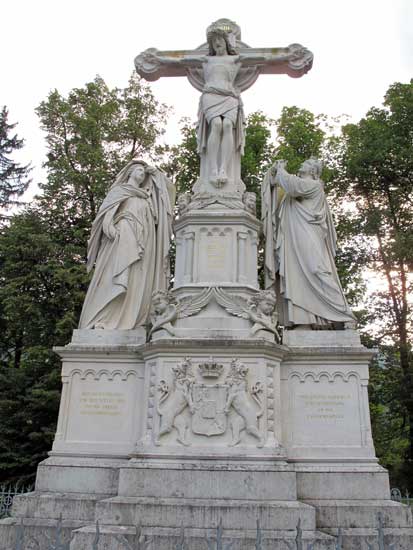
Ludwig 2nd of Bavaria visited the Passion Play in Oberammergau in 1871.
The day before the King Ludwig's birthday on August 24, 1871, the entire village cast turned out in Oberammergau to perform the passion play only for him.
In 1875, four years later the King gave the village a 12 meter high, 2 ton model of the Crucification of Christ to show his deep thanks for this performance.
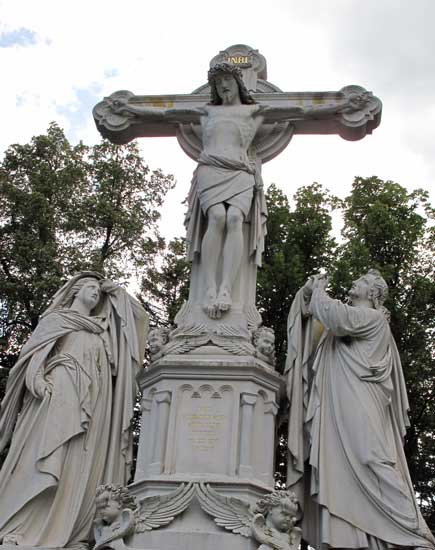
In order to bring this to Oberammergau, it must be brought up the steep Ettal mountain road. The large stone Crucification was put into a large wagon that must be pulled by 32 horses. On their way up the mountain road the master sculptor Herr Hauser stopped to rest the horses; he ordered that a keil be placed under the front wheels to prevent the wagon from rolling.
When they started again he forgot to remove the keil which caused the 2 tons of stone too slide off the back of the wagon, crushing him and his Triolean helper to death immediately.
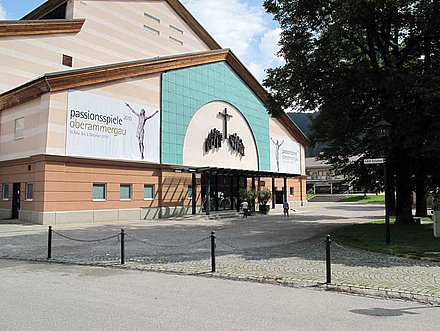
General information regarding the Passion Play:
The Oberammergau Passion Play is one of the oldest most famous passion plays in Germany which is still performed today. It was very popular in the late Middle Ages and Renaissance, the passion play reenact the suffering and Crucifixion of Christ.
Oberammergau has performed the passion play every ten years since 1634 in fulfillment of a vow. The next performance begins on May 14, 2022.
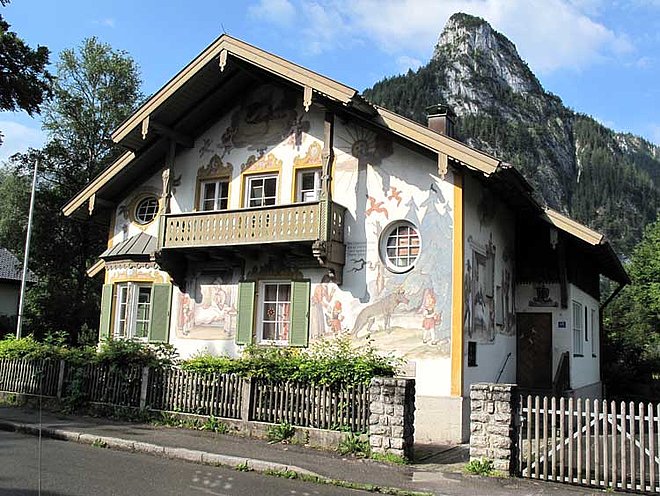
History
The Oberammergau Passion Play first took place in 1634. According to historical tradition, a traveling villager unknowingly brought the Black Death home with him, causing a local epidemic that killed nearly 100 people of Oberammergau.
This frightened the survivors who begged God to spare their town from further deaths, vowing to perform a passion play in their village every 10 years. The plague disappeared with no further deaths and the villagers of Oberammergau have faithfully kept their vow.
In keeping with centuries-old tradition, Obergammergau's passion play is an local production. It is performed entirely by amateur actors who have been residents of Oberammergau for at least 20 years. The actors begin growing their long hair and beards one year in advance (no wigs allowed!) beginning on Ash Wednesday the previous year. The costumes are made locally by residents and the production includes live animals.
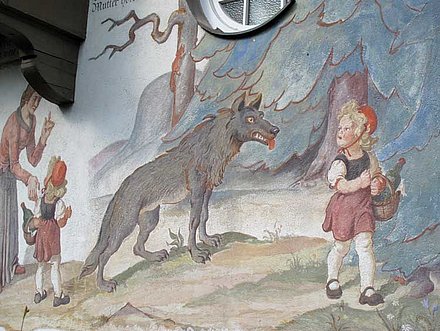
In 2022, performances were be held daily from May 14 to October 2.
Each play is divided into two parts; from May 14 to August 14 the first part starts at 2:30 till 5:00 pm and the second part starts at 8:00 till 10:30pm; from August 15 to Oct 2nd part one starts 1:30 pm till 4:00 pm part two starts 7:00 pm to 9:30 pm.
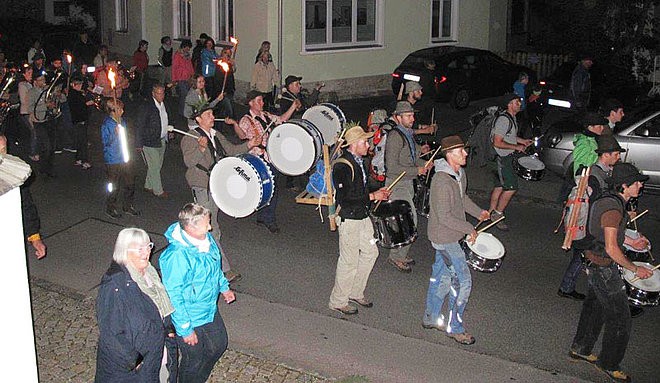
King Ludwig's birthday celebration Oberammergau
Every year on August 24th the people of Oberammergau honor their King Ludwig II on his birthday, with a burning crown on top of the nearby mountain followed by a march through the village afterwards.

